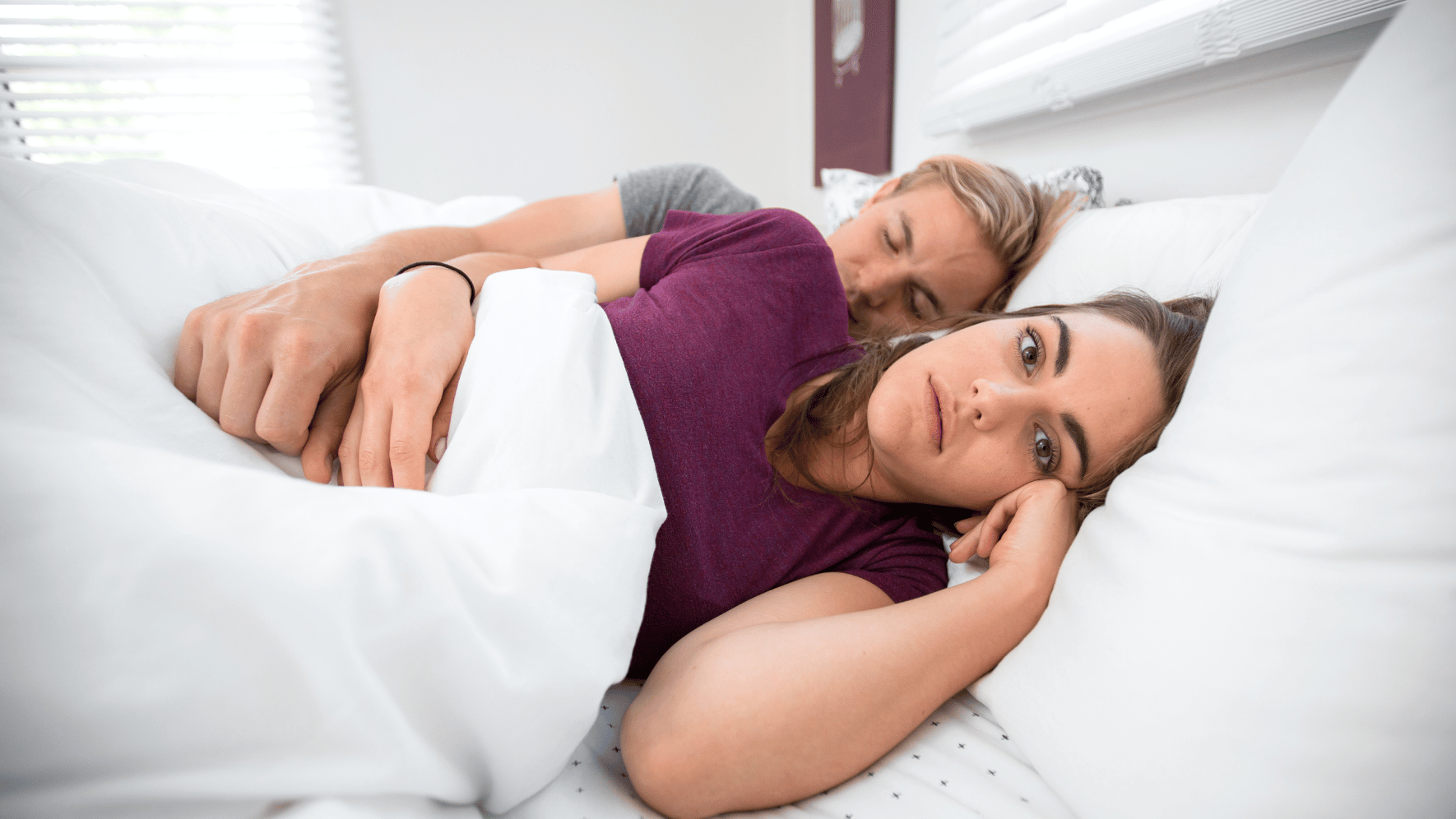
Loss of libido or low sex drive is more common than many people realise and can affect individuals of any gender, age, or background. This short video by Bupa’s Inside Health series helps normalise the conversation and explains that a drop in libido is not unusual, nor something to be ashamed of.
It could be linked to physical health, mental wellbeing, relationship factors, or even medication side effects. The video gently explores causes, what to expect if you speak to a healthcare professional, and reminds viewers that solutions exist—from lifestyle changes to medical treatment or counselling.
If you’re experiencing a change in your sexual desire that feels distressing or different from your usual self, the first step is to talk about it—either with your partner, a GP, or a trusted healthcare provider. Try to track when and how the changes started (e.g. postpartum, after a stressful life event, since starting a new medication).
Keeping a journal of your energy levels, mood, and sleep can help identify patterns. There’s no need to struggle in silence—low libido can be temporary, treatable, and often connected to other areas of wellbeing.
Key takeaways: